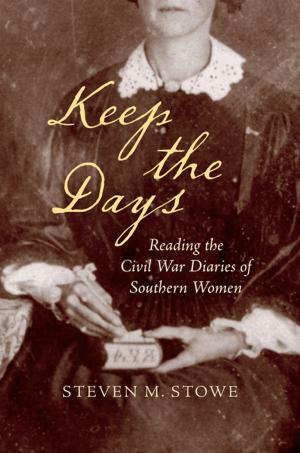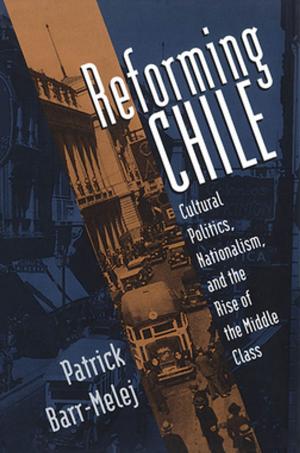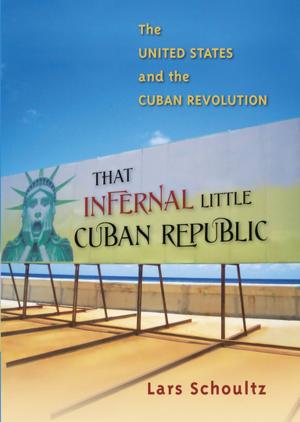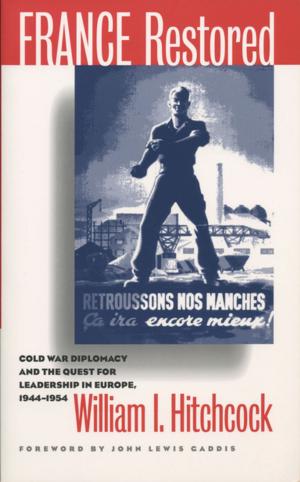Congo Love Song
African American Culture and the Crisis of the Colonial State
Nonfiction, History, Africa, Social & Cultural Studies, Social Science, Cultural Studies, African-American Studies| Author: | Ira Dworkin | ISBN: | 9781469632728 |
| Publisher: | The University of North Carolina Press | Publication: | April 27, 2017 |
| Imprint: | The University of North Carolina Press | Language: | English |
| Author: | Ira Dworkin |
| ISBN: | 9781469632728 |
| Publisher: | The University of North Carolina Press |
| Publication: | April 27, 2017 |
| Imprint: | The University of North Carolina Press |
| Language: | English |
In his 1903 hit "Congo Love Song," James Weldon Johnson recounts a sweet if seemingly generic romance between two young Africans. While the song's title may appear consistent with that narrative, it also invokes the site of King Leopold II of Belgium's brutal colonial regime at a time when African Americans were playing a central role in a growing Congo reform movement. In an era when popular vaudeville music frequently trafficked in racist language and imagery, "Congo Love Song" emerges as one example of the many ways that African American activists, intellectuals, and artists called attention to colonialism in Africa.
In this book, Ira Dworkin examines black Americans' long cultural and political engagement with the Congo and its people. Through studies of George Washington Williams, Booker T. Washington, Pauline Hopkins, Langston Hughes, Malcolm X, and other figures, he brings to light a long-standing relationship that challenges familiar presumptions about African American commitments to Africa. Dworkin offers compelling new ways to understand how African American involvement in the Congo has helped shape anticolonialism, black aesthetics, and modern black nationalism.
In his 1903 hit "Congo Love Song," James Weldon Johnson recounts a sweet if seemingly generic romance between two young Africans. While the song's title may appear consistent with that narrative, it also invokes the site of King Leopold II of Belgium's brutal colonial regime at a time when African Americans were playing a central role in a growing Congo reform movement. In an era when popular vaudeville music frequently trafficked in racist language and imagery, "Congo Love Song" emerges as one example of the many ways that African American activists, intellectuals, and artists called attention to colonialism in Africa.
In this book, Ira Dworkin examines black Americans' long cultural and political engagement with the Congo and its people. Through studies of George Washington Williams, Booker T. Washington, Pauline Hopkins, Langston Hughes, Malcolm X, and other figures, he brings to light a long-standing relationship that challenges familiar presumptions about African American commitments to Africa. Dworkin offers compelling new ways to understand how African American involvement in the Congo has helped shape anticolonialism, black aesthetics, and modern black nationalism.















